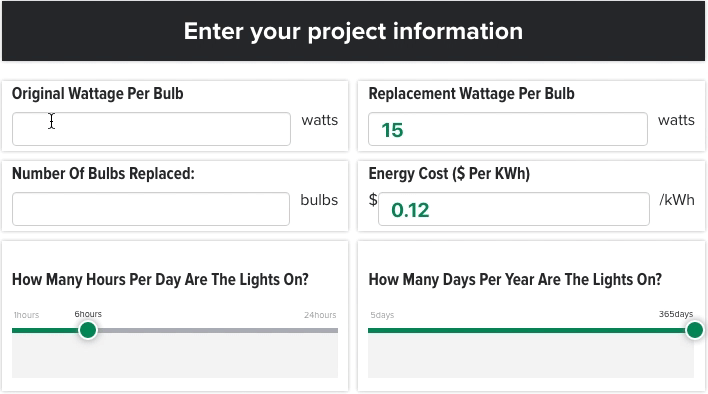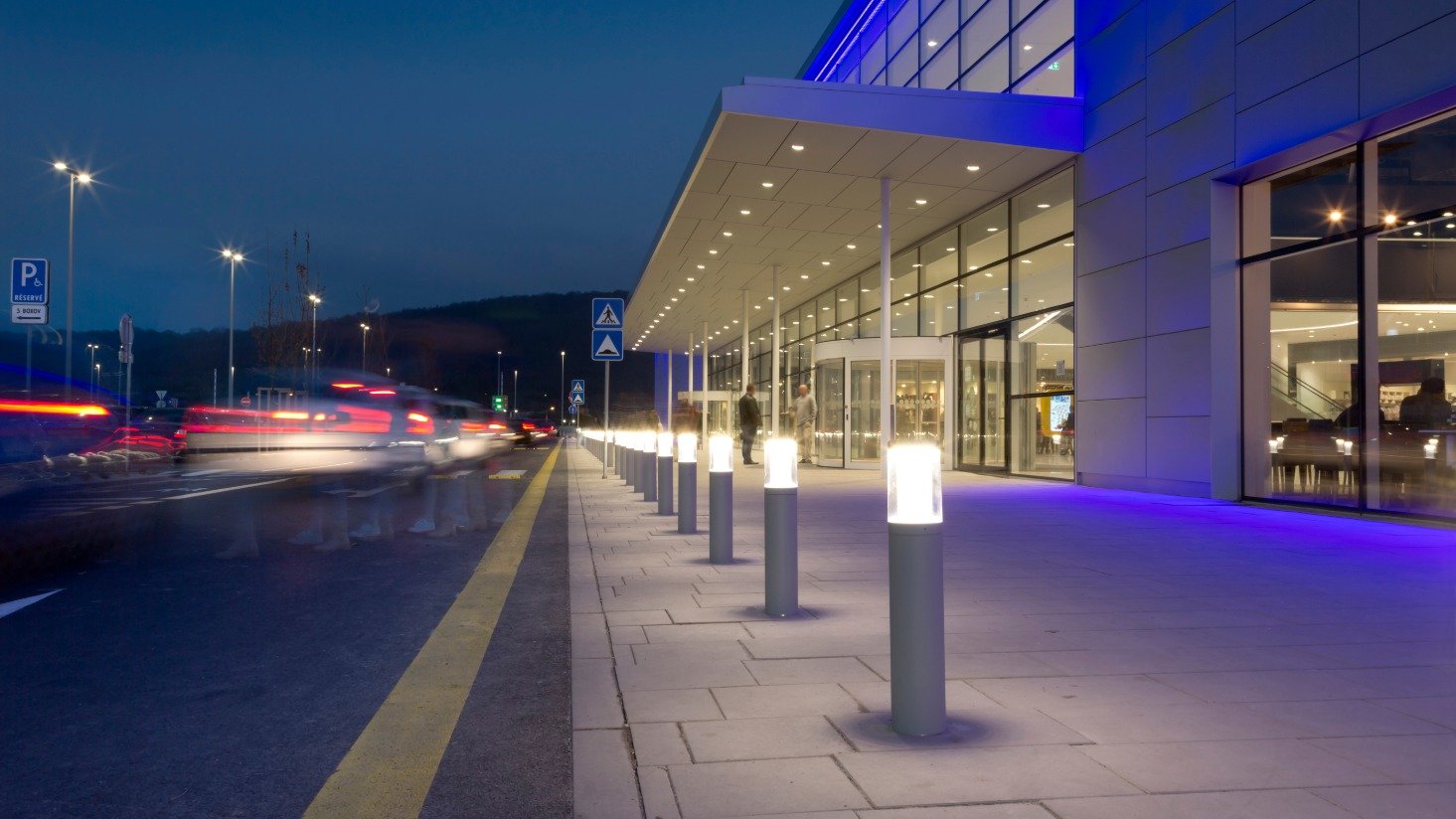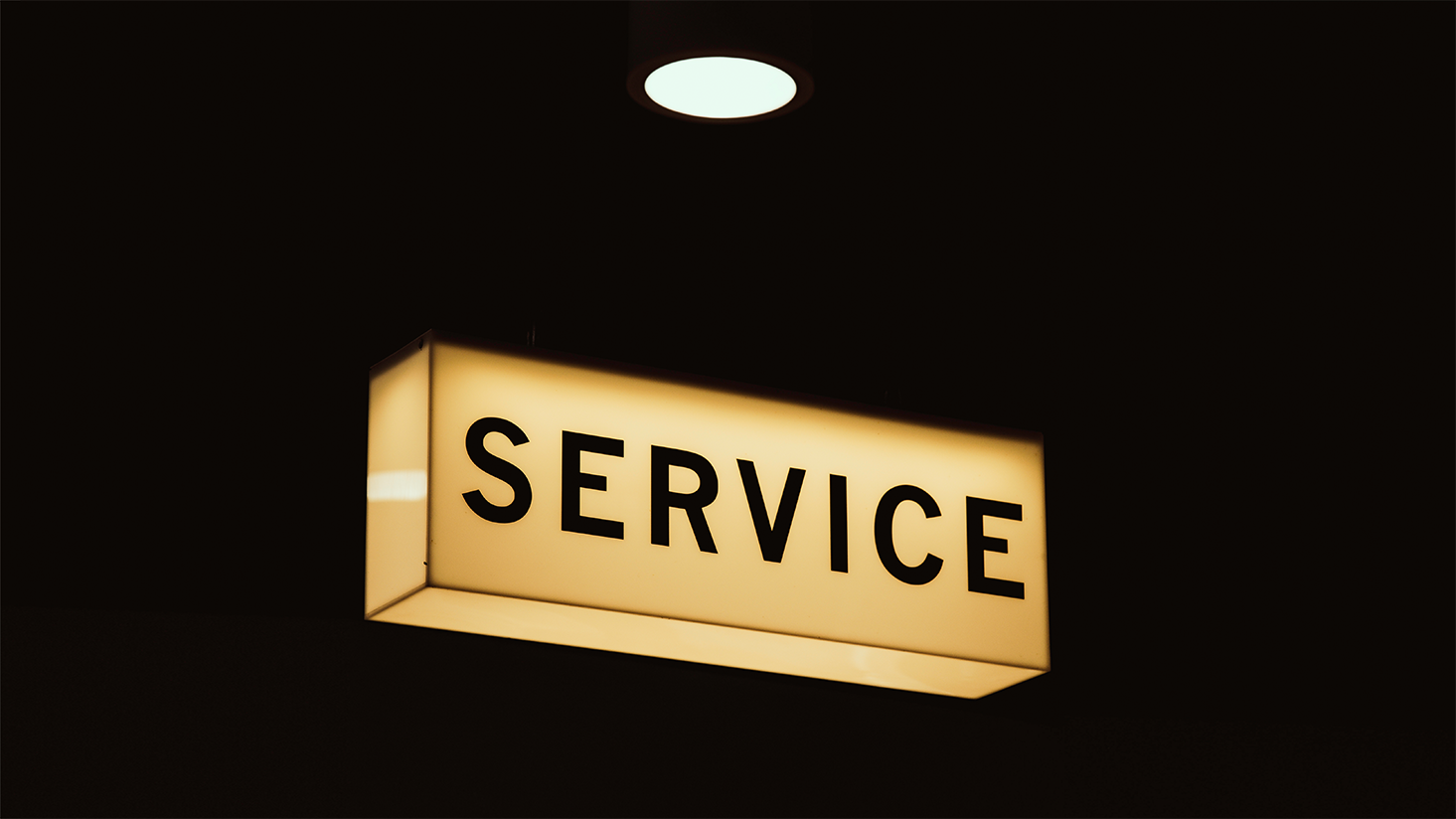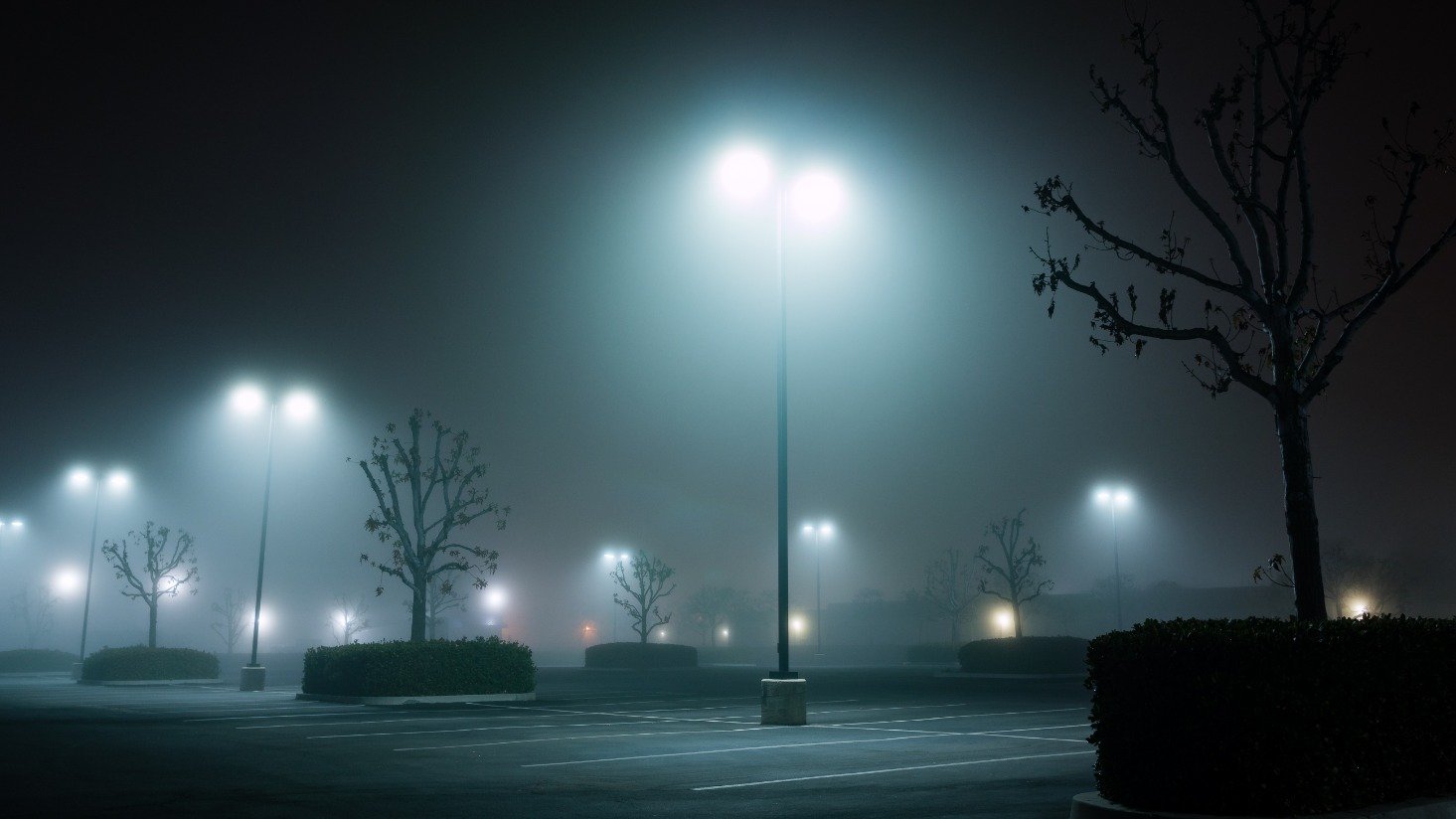What's the difference between commercial grade and residential grade lighting products?

You can find a good deal on light bulbs at Home Depot and Walmart. Sometimes, customers bring that to our attention.
How do these stores sell at such low prices? Are they selling the same light bulbs as us? They are targeting a more residential customer, so are they selling residential grade lighting products?
Is there something different about a residential lamp when compared with a commercial one?
Usually, no – there's no difference or distinction, at least according to one of our top manufacturers. Though the products are packaged differently, their guts are almost always the same.
Of course, many manufacturers have introduced a value line of LED lamps, which often come with shorter life ratings, allowing for a lower price. But we carry those products, too. So why are light bulbs so inexpensive at Home Depot?
Let's look at a few contributing factors.
1. Point-of-sale energy rebates
When you walk through the lighting aisle at Home Depot, and you see an A19 (standard bulb) being sold for just a few bucks – 75 percent off the original price, it could very likely be priced with a local-level, point-of-sale rebate in place. Stores like Home Depot have the ability to sell such a high volume of light bulbs, that if they're selling the more energy efficient, long-life ones, utility companies will often offer incentives, as they're taking energy off the grid.
These incentives or rebates can drive the price of one or two
2. Dead inventory and product movement
The amazing deal you're seeing on those light bulbs could also be due to a dead inventory special. So, Home Depot (or Walmart or Lowe's, etc.) may price the light bulb right at or below gross cost, just to clear it from the shelf and make room for something else.
3. Limited product selection
Home improvement stores and supermarkets have a pretty simple lighting product offering: basic A lamps and PAR lamps, and maybe some decorative bulbs, all in one or two brand options. This allows them to buy in large quantities, driving down the end-user price. But you'd be hard-pressed to find those small replacement bulbs for an elevator or high-output products that many of our retail and hotel customers need for their commercial applications.
4. Limited product knowledge
You can't expect Walmart store associates to be lighting experts. They may know high-level information about the product, but it's unlikely that they'll be able to help you navigate a Kelvin temperature scale, ballast or controls compatibility, CRI ratings, and the like.
Our team of lighting experts undergoes comprehensive lighting training. We train them to cross part numbers, to easily find you a product match – or as close to one as possible. We train them on the ins and outs of each type of lighting technology, and where each is best used. And they have a direct line to the hundreds of manufacturers we work with, to ensure they have the right information and can navigate tricky situations.
Where should you buy your lighting from?
Buying lighting has everything to do with context. Are you buying 500 LED lamps to change out in the hotel facility you manage? You should probably talk to a lighting distributor like
But if you're simply looking to replace the couple of bulbs that just burned out in your office or above the bathroom vanity, it might make sense to grab them next time you're at the store, though we can certainly help with that, too.
Are you looking for a product recommendation on an upcoming retrofit project? We have the tools and expertise to help with that.
Is the new tenant moving into your Class
Finally, consider warranty options. If you're buying directly from Home Depot and Walmart and multiple other vendors, as sales pop up, warranties will be difficult to keep track of. That's the value of working with a national distributor. A distributor is able to hold product warranties for you and help with claims, as issues arise.
Should you buy LED now or wait for prices to come down?
If your lamps are burning 10 hours a day for five days a week, there could be a cost to waiting to retrofit.
But if you're not using a ton of energy from lighting, it's reasonable to wait until your lamps burn out.
Here's a short video that helps answer this question.
At the end of the day, we know lighting can be challenging and mistakes can be costly. We're here to help make it a little easier.













